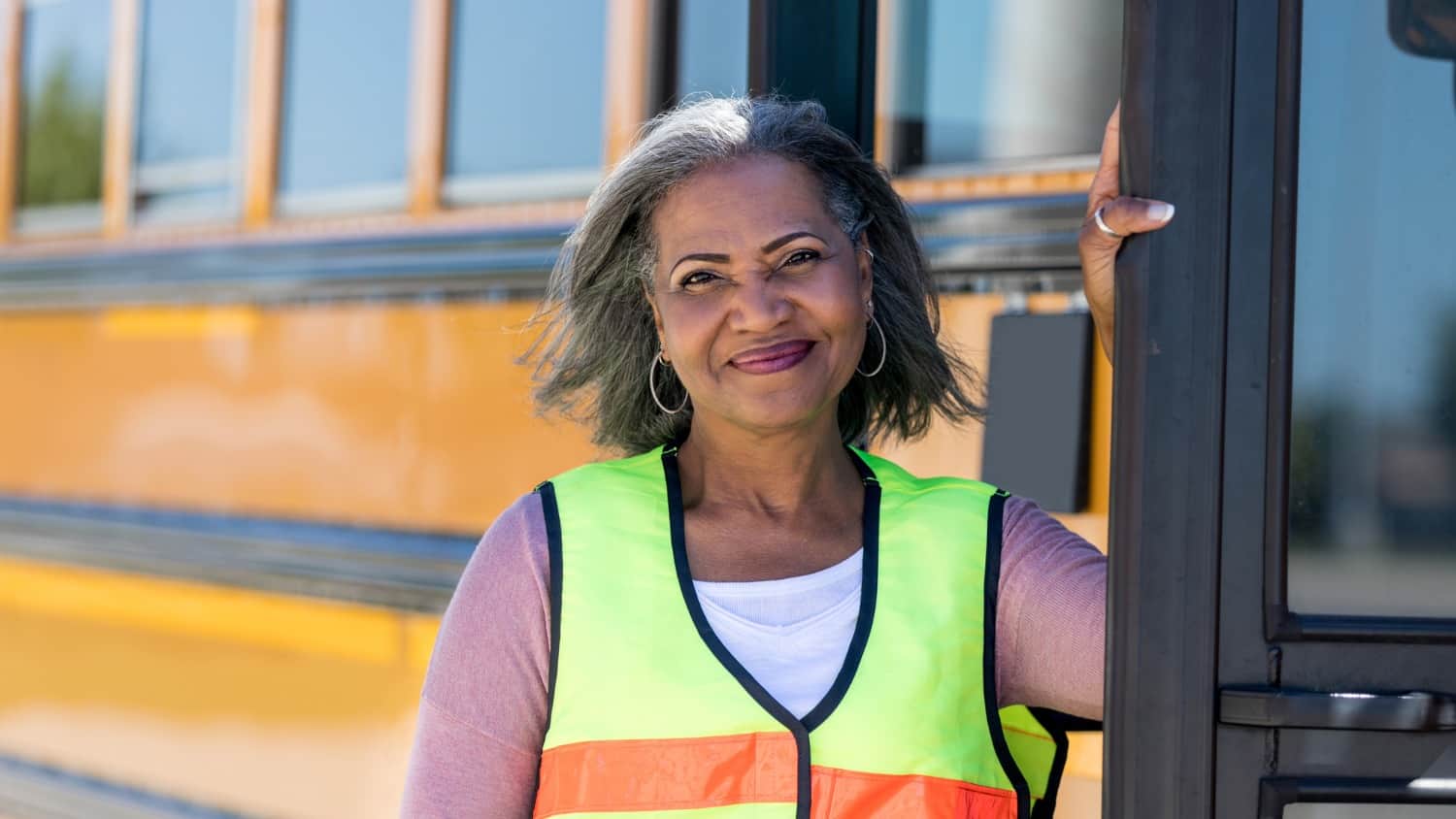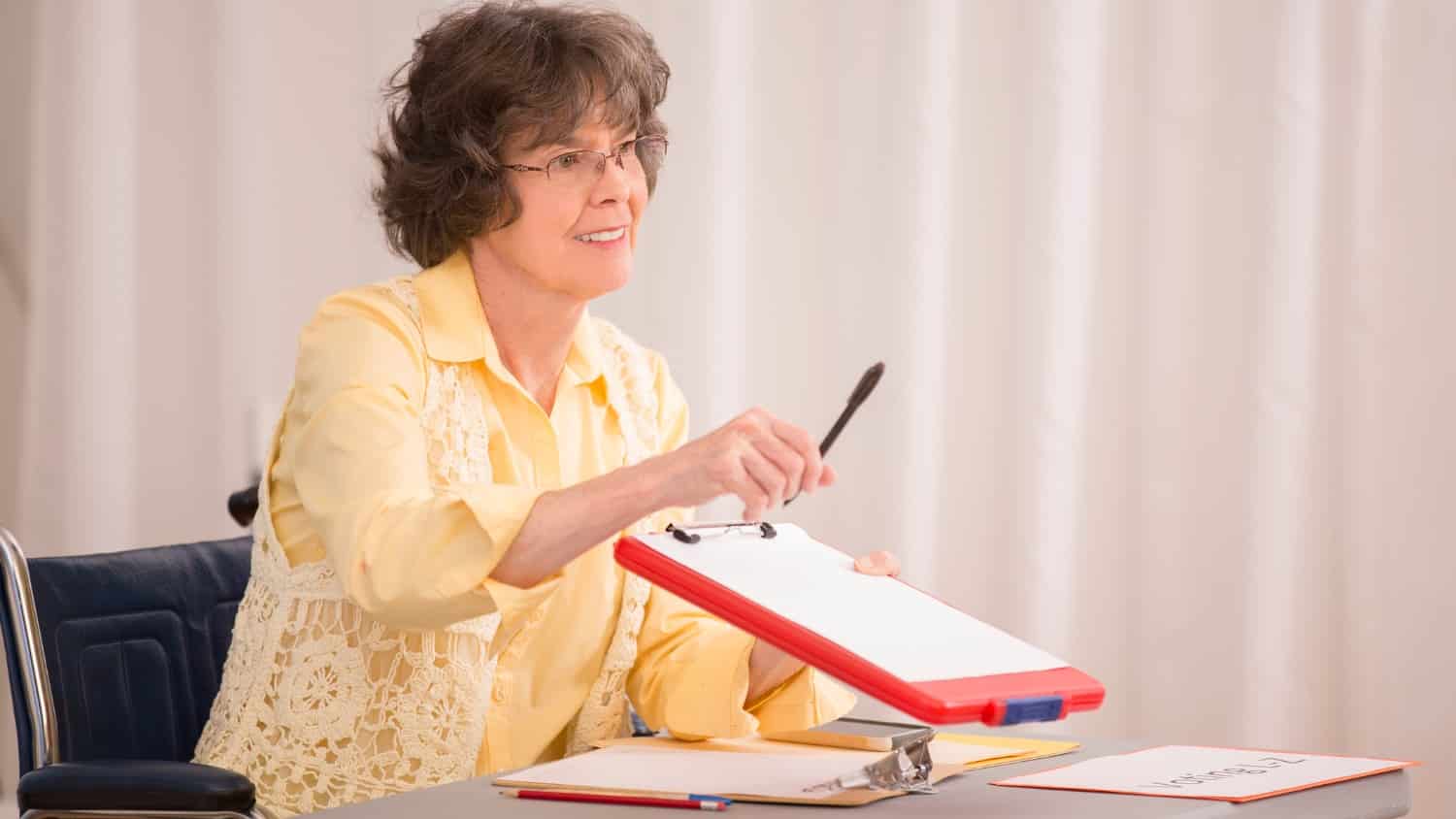
Finding Hope for Earth in the Wake of Ecological Uncertainty
“Although sometimes being a climate activist can be overwhelming and depressing, I remind myself how lucky I am to be living at this important moment where we can step up to the biggest challenge in human history – to stop the destruction of our planet and keep it from becoming uninhabitable for future generations.”
Wise beyond her years, Emilia, a college student from Sweden, shared her thoughts in a Climate Courage workshop I recently presented. Suddenly, I realized that every person alive today is faced with this enormous challenge and a tremendous opportunity.
A Youth Initiative to Fight Climate Change
This spring, I began giving workshops, volunteering with Pooja Tilvawala who was selected from a large number of climate activists to receive a year of funding to set up an international youth organization which came to be called the Youth Climate Collaborative (YCC).
Pooja had already been participating in international climate activism and her vision was to enable young climate and sustainable development leaders from every corner of the world, to elevate their voices and maximize impact, by providing support to learn from each other, as well as coordinate with like-minded organizations.
How It All Began
I met Pooja six years ago when she was a college freshman who came to Makengue, a Nicaraguan rainforest preserve that my husband and I own on the San Juan River near the border with Costa Rica. We had been bringing students from colleges in the US to learn about the rainforest and engage in intercultural exchanges with local people.
When Pooja told me about the grant she received to start YCC, I offered to volunteer. Although I am an elder, I hoped to bring my experience and skills to her efforts.
Pooja explained that one of her YCC projects was to offer “Climate Courage” workshops to help participants express feelings about the climate crisis and strengthen their resilience, in the wake of devastating habitat destruction, extinctions, and human impacts: fires, hurricanes, and droughts, which especially harm low-income people and communities of color.
Soon, I found myself helping develop and present the workshops. Now on our 5th cohort, in the two-session workshops, participants share about their work, express feelings, and create self-care plans as they discuss how to become and remain leaders in their communities.
To date, thanks to a Zoom platform, participants come from Africa, Asia, Europe, Latin American, and the Mid-East, including a recent graduate from medical school in Yemen, a Ph.D. student in Somalia, a 13-year-old budding activist from Sri Lanka, and others from Colombia, Costa Rica, Nigeria, East Timor, India, Japan, and China.
It is wonderful to meet these inspirational people and hear what they are doing in their countries. Sadi from Bangladesh who works on reforestation projects shared that during the lockdown, he planted a small garden on his roof, adding, “once the lockdown ends, I want to go to the hill forest of my country and visit places that I have missed so much during the pandemic. It will give me more power. We are talking about self-care. In this tough condition, we are fighting mentally and physically and it will be a relief for myself.”
Climate Anxiety, Grief, and Anger
In a recent session, Amy, a Scottish university student, said she used to think that climate work was all about science, but she has come to realize that the future depends on how we as humans feel, think, talk about, and approach making critical changes.
That mirrors what professor, Jennifer Atkinson says in her “Facing It” podcast series: “While some climate activists argue that we should focus on facts instead of feelings, others know that our intense emotional response to climate chaos is far from irrational. Moreover, feelings like anger, hope, anxiety, and fear profoundly shape our perceptions of the world, and can motivate us to act or shut down and retreat.”
To that end, we are developing a new vocabulary to express feelings. We discovered that this new vocabulary resonates with people everywhere:
Climate Grief
As people become aware of ecological destruction and the growing numbers of extinctions, and as climate impacts worsen, climate grief becomes a deep form of distress and sadness. It is a natural reaction to loss with similar emotions to those people experience with the death of a loved one.
In addition to grief from direct losses caused by climate disasters, such as fires, floods, and hurricanes, people also experience existential climate grief as they feel despair about the future of our planet.
Climate Justice
The term climate justice acknowledges climate change can have differing social, economic, public health, and other adverse impacts on marginalized populations and people of color. Advocates for climate justice are striving to have these inequities acknowledged and addressed through long-term mitigation strategies.
Community Resilience
The concept of community resistance is the ability of a community to come together to withstand, adapt to, and heal from adversity and difficult times.
Eco-Anxiety
Anxiety is the way a person’s mind and body react to stressful, dangerous, and uncertain situations. Eco-anxiety is a state of debilitation caused by worry about specific situations like high levels of air pollution, crop failures due to drought as well as a sense of feeling overwhelmed by pessimism about the future of the planet.
It manifests as incessant worrying and nervousness as well as physical symptoms like increased blood pressure and trouble sleeping.
Emotional Resilience
Emotional resilience is the ability to adapt to stressful situations, and cope with life’s ups and downs. Resilience does not eliminate stress or erase life’s difficulties but allows people to manage their emotions, tackle and accept problems, live through adversity, move on, recover and find a path forward in their lives.
Ultimately, the Covid pandemic has re-iterated the need for collaboration across countries and that kind of collaboration is desperately needed to make the changes required to protect our planet as a whole.
Hope While Facing Uncertainty
I have enjoyed being an elder, working with these inspirational young people. I share with the Sixty and Me community what I am learning because people of all ages are needed at this critical time in history.
In my last blog, Turning to Individual and Systemic Action for Climate Change, I outlined many actions that we can take. Here, I want to share what inspires me to keep going in the wake of the many challenges with the hope of motivating others.
In Jennifer Atkinson’s final podcast of the series (which I highly recommend you listen to in its entirety), she elaborates on the same ideas that Emilia expressed above.
“This is our sacred work – everyone alive today exists at a moment that will decide the fate of this planet for centuries to come. Even though we did not ask for this role, our generation will determine what vanishes and what remains. If you can act, you have an astonishing power that no human actors have held before this present moment because you and all of us can choose to be the seed of life and possibility that shepherds our bruised but still viable world into the coming age. That power should make us humble, but motivate us all beyond all limit.”
Has climate change been on your mind? What particular part of it has touched your life? Are you doing anything to lessen your imprint on the planet? What emotions do you feel concerning climate change and the part humans play in it? Please share your thoughts and any organizations you have been active with.






